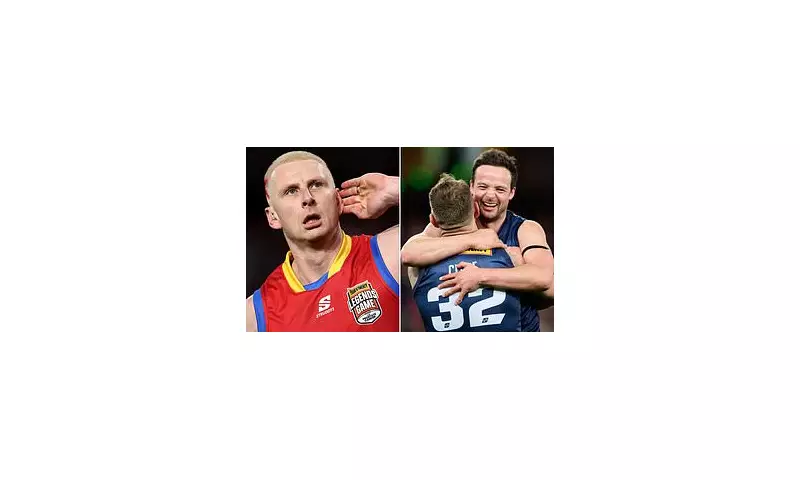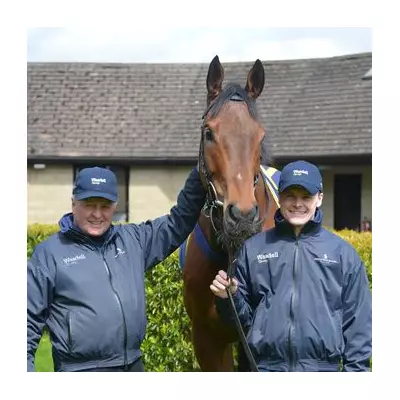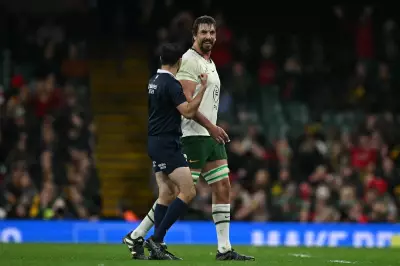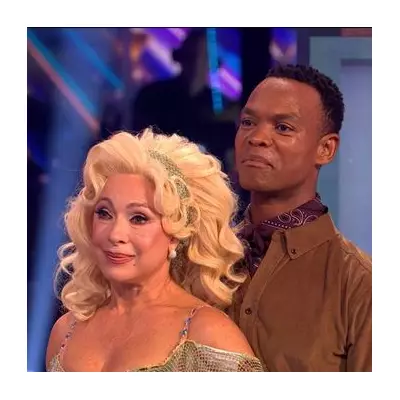
A bitter public feud has exploded between the Australian Football League and two of its most prominent digital media personalities, former players Daniel Gorringe and Dylan Buckley, sending shockwaves through the sporting community.
The conflict centres on the AFL's recent attempts to impose stringent new regulations on content creators, a move branded as hypocritical and heavy-handed by the influential duo.
The Heart of the Controversy
According to Gorringe and Buckley, the league is attempting to strong-arm personalities and media organisations into signing demanding new accreditation agreements. These documents purportedly grant the AFL sweeping powers to control, edit, and even remove content it deems unfavourable.
The situation reached a boiling point, with Gorringe revealing on his popular podcast that the dispute had become so intense that he and Buckley were "prepared to walk away from covering the game altogether".
A Storm of Hypocrisy
The influencers have accused the league of staggering hypocrisy. They point to the AFL's own content strategy, which heavily relies on using player likenesses and generating engagement from the very controversies it now seeks to suppress in independent media.
"They want to use us and our voices to promote the game when it suits them, but then try to silence any independent criticism or commentary," Buckley stated, capturing the frustration felt by many.
Player Association Backs Influencers
Adding significant weight to the argument, the AFL Players Association has reportedly stepped in, siding with the content creators. The association is understood to be deeply concerned about the league overstepping its bounds and restricting players' – both past and present – ability to build their own brands and engage with fans.
This backing highlights that the issue is far larger than two commentators; it strikes at the heart of a player's right to a voice and financial opportunity in the digital age.
A Defining Moment for Sports Media
This clash represents a critical juncture for sports leagues worldwide. It underscores the escalating tension between traditional, controlling media management and the new, decentralised world of social media and podcasting where authenticity reigns supreme.
The outcome of this standoff could set a powerful precedent for how sporting codes interact with independent content creators and handle criticism in the future.





